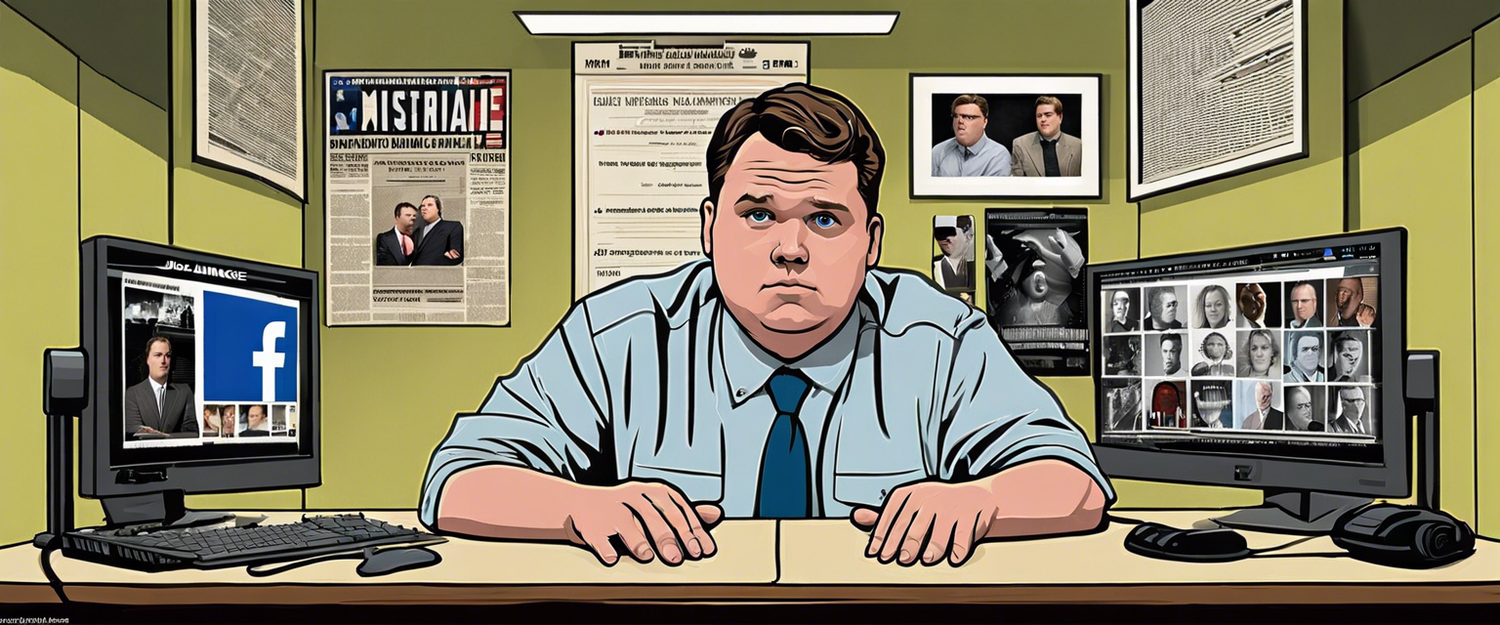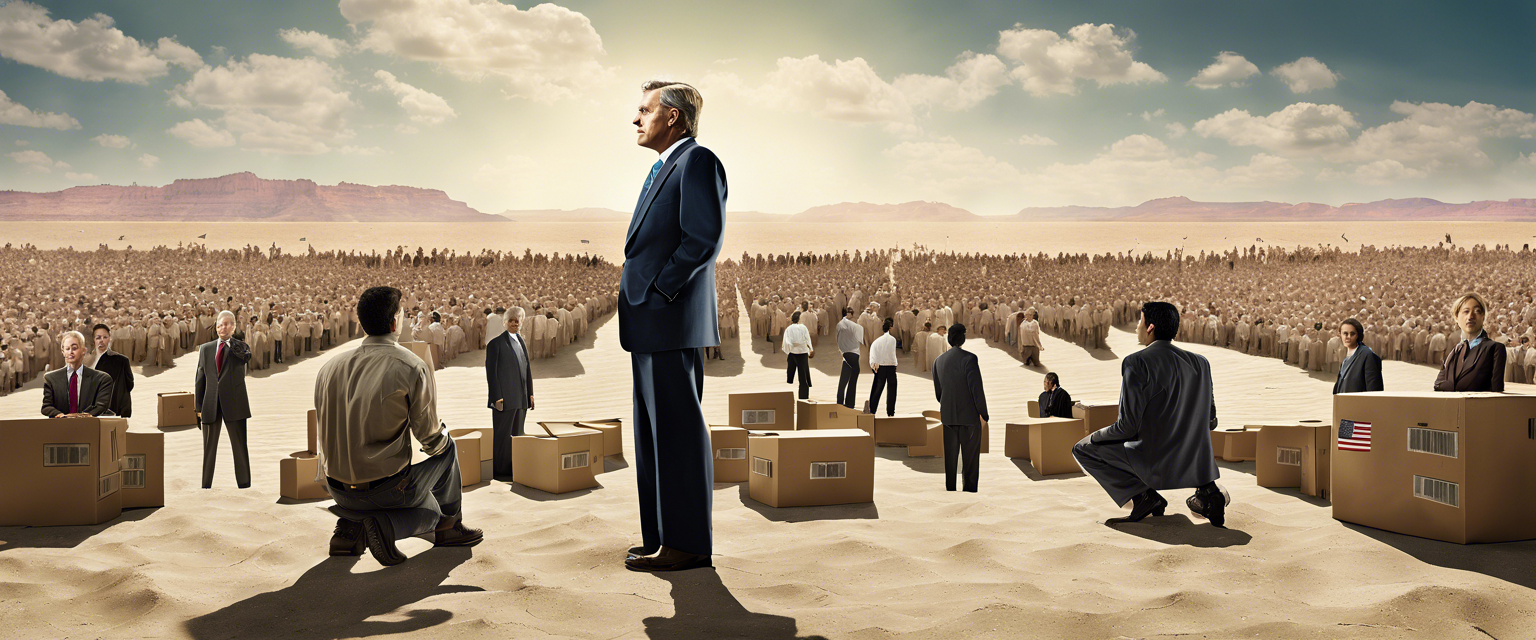Debate Highlights: Censorship and Election Integrity Take Center Stage
In a recent debate, Republican vice presidential candidate Senator JD Vance from Ohio faced off against Democratic candidate Governor Tim Walz of Minnesota. The discussion quickly pivoted from the 2024 election results to the contentious issues surrounding censorship and Big Tech's influence over public discourse.
Question About Election Integrity
As the debate progressed, moderator Norah O'Donnell posed a critical question regarding Vance's previous stance on the certification of the last presidential election. She asked, "You have said you would not have certified the last presidential election, and would have asked the states to submit alternative electors. That has been called unconstitutional and illegal. Would you again seek to challenge this year’s election results, even if every governor certifies the results?" Vance's response shifted the focus away from the election itself and onto what he deemed a greater threat—"big technology companies silencing their fellow citizens."
Technology's Threat to Democracy
Vance emphasized his belief that the actions of tech giants regarding censorship pose a significant threat to democracy, more so than any political figure's rhetoric. He claimed, "Kamala Harris is engaged in censorship at an industrial scale," stating that the issue extends beyond just election integrity. Vance argued that the Democratic Party's approach to misinformation is harmful to free speech.
January 6th Insurrection vs. Tech Interference
In a tense moment, Vance compared the Democrats' claims about Russian interference in the 2016 election to the aftermath of the January 6th Capitol insurrection. He suggested that the focus on the events of January 6th is exaggerated in comparison to the methods of misinformation and social media manipulation observed in the past election cycles. Walz quickly countered, stating, "January 6th was not Facebook ads," labeling Vance's assertions as "revisionist history." This back-and-forth underscored the polarized views of both candidates, illustrating the sharp divide in their perspectives on recent historical events.
Supreme Court's Stance on Censorship
The debate referenced the Supreme Court case Murthy v. Missouri, where accusations arose that the Biden administration pressured tech companies into censoring certain viewpoints. Although the ruling favored the Biden administration based on procedural grounds, the court did not definitively dismiss the allegations of governmental overreach in moderating online content.
Redirecting the Conversation
Throughout the debate, Gov. Walz attempted to steer the conversation back to the original question of election outcomes by asking directly, "Did he lose the 2020 election?" Vance, however, maintained his focus on discussing governmental censorship rather than definitively answering questions about the past election.
Unpacking Censorship Claims
A critical exchange occurred when Vance accused Harris of wanting to "use the power of government and Big Tech to silence people from speaking their minds." He pointed out incidents where individuals faced backlash for discussing COVID-19 policies, asserting that criticism of such policies does not constitute "shouting fire in a crowded theatre," a commonly referenced legal standard for defining unprotected speech.
The Debate on Accountability
As the debate wound down, the conversation highlighted an ongoing discourse about the rights and responsibilities of social media platforms in managing content. Walz reiterated, "I don’t run Facebook. This is not a debate, it’s not anything anywhere other than in Donald Trump’s world," attempting to frame Vance’s arguments within a broader context of partisan maneuvering.
Conclusion: The Ongoing Conversation About Free Speech
This intense dialogue serves as a microcosm of the larger national conversation about free speech, election integrity, and the role of technology in our democratic process. As candidates continue to navigate these complex issues, their positions will likely influence public perception and voter sentiment leading into the 2024 elections.



コメントを書く
全てのコメントは、掲載前にモデレートされます
このサイトはhCaptchaによって保護されており、hCaptchaプライバシーポリシーおよび利用規約が適用されます。